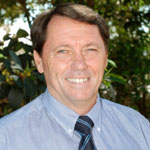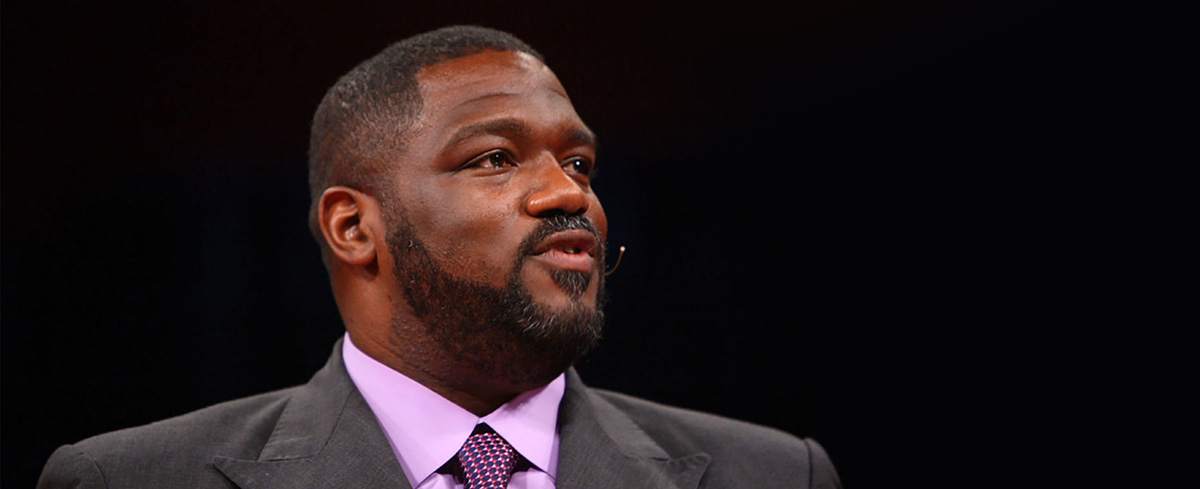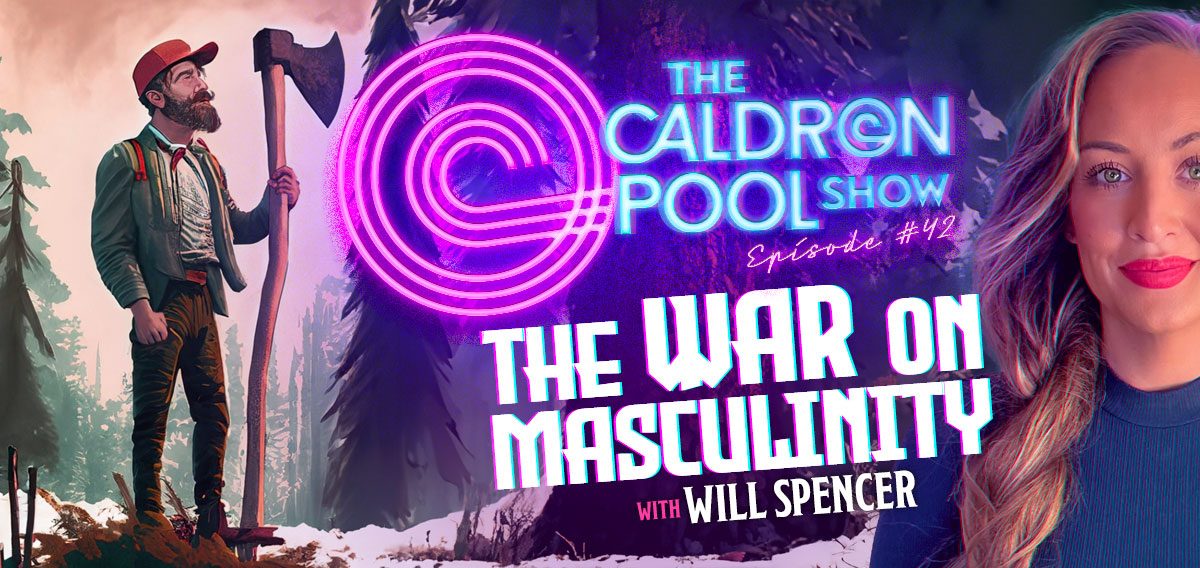The unspoken, not-to-be-uttered truth about education reviews in Australia is that we must never ask these two questions: “What is reality about?”; and “What are humans about?”
I first became alert to this in 1975 (yes, I am that old). It was my second year of university, and I had ‘stumbled’ into becoming interested in psychology. I found myself asking these questions: “Are we the same as animals? If not, what is different?”
The answer was consistent: “We are not here to discuss that, Fyson.” I learned much later that this was a rehearsed answer that the faculty had agreed to when comparing notes about this Western Sydney boy who kept asking these ‘pesky’ questions.
Decades later, this ‘pesky boy’ is still asking these questions and believes that the book that has the strongest explanatory power in helping us understand the answers to these questions is the Bible.
Let’s start with, “What is reality – for us as humans.” We are not rocks, and I have not heard anyone suggest that of late. However, I have recently heard of an animal rights activist claiming that we are human persons, and animals are non-human persons. That is, she believes we are in essence, in category, the same.
Well, we do have a lot in common with the animals. But there are also critical differences. Even some serious atheist philosophers like Thomas Nagel[1] agree that his non-spiritual view of life cannot account for consciousness (which we share, to a degree, with animals), nor can it coherently explain human self-consciousness and values.
Humans can think about our thinking. We can have an intention and translate that into action. We do not just spend all day reacting to the physical world through our five senses.
It is why humans can become addicts. Take smoking. We ignore all the natural physiological triggers that say ‘danger, danger’, and instead say, “Wow – that was great. I’ll try that again” – watch the next 15-year-old taking his first cigarette in front of his mates if you want to see this acted out.
Take alcohol as another example. I lost track of how many alcohol-addicted men (and a few women) sat in front of me and said, “I know it’s wrong. I swore this would never be me, but here I am…” The tears would then flow.
And as we used to say in the addictions service, “It is not the drug”. Yes, some drugs more easily help our bodies become physiologically dependent. But it is something else that drives us to reject our Creator and people to replace them with some substance or activity that gives us a physical feeling instead of a soul-refreshing relationship.
There I have suggested the difference – our ‘soulness’. We are creatures made in the image of the Creator, to be His representatives. This is no mere theological abstraction. For example, it is the only basis for universal respect in the history of the world. Our educational leaders do not understand this. Some agnostic social historians do – take Larry Siedentop’s (2014) Inventing the Individual: The origins of Western Liberalism, for example. As he noted:
Paul’s conception of the Christ overturns the assumption on which ancient thinking had hitherto rested, the assumption of natural inequality. … the concept of the Christ becomes a challenge to the ancient belief that humans are subject to an immutable order or ‘fate’. … Paul insists on the moral equality of humans, on a status shared equally by all. (p.60)
Oxford Emeritus Professor, John Lennox, describes the wonder of our soulness this way while exploring what artificial intelligence can and cannot do:
Distinguished Christian philosophers Alvin Plantinga, Richard Swinburne, and J.P. Moreland argue that we shall make no real progress in understanding [humans] until we are prepared to revive an ongoing thoroughgoing substance dualism – that is, to recognise that there is a non-physical aspect to human beings …. Even philosopher David Chalmers, who specialises in this area, though he is strongly inclined to materialism, nevertheless argues: “Reductive explanation of consciousness is impossible and I even argue for a kind of dualism.” (p.125)
This is where those who do educational reviewers are silent. They reduce teaching to the kind of training we give to animals – show them what to do, give rewards (like high marks) – and they will always do what is right.
This is easy to disprove. In Australia, we have been taught more about healthy eating than any other generation in the history of the planet. But we have an epidemic of diet-related diabetes.
Or think more personally. To have a driver’s licence we all had to pass two kinds of competency tests – a theory test and a practical test. Does that mean we always obey the road rules? Ask someone who lives with you for the honest answer…
Education is more than training animals. We are embodied souls who need to know our purpose, what is good, and how we can be reconciled to our Creator given the ‘good and evil that runs through the heart of all of us’, as Solzhenitsyn reminded us.
It is why hiding behind a cloak of pseudo-science ‘neutrality’ (which is a topic in itself for another time) is a thin disguise for avoiding these deeper truths. All schools create communities that shape their students. Denying this critical aspect of life means that any suggestion of change will result in predictable failure, again.
As Siedentop also noted, for those committed to denying any aspect of our spirituality (secularism): “… secularism does not mean non-belief or indifference. It is not without moral content. Certainly, secularism is not a neutral or ‘value free’ framework, as the language of contemporary social scientists suggests.” (p.361)
But currently in Australia, our leaders seem like those in ancient Roman Bible times – “Let’s not engage with the theology of anyone. Let’s just keep it under control.” But as the Romans learnt, Truth is what you bump into when you deny reality.
[1] Thomas Nagel (2021). Mind and Cosmos: Why the materialist neo-Darwinian conception of nature is almost certainly true. Oxford University Press


















